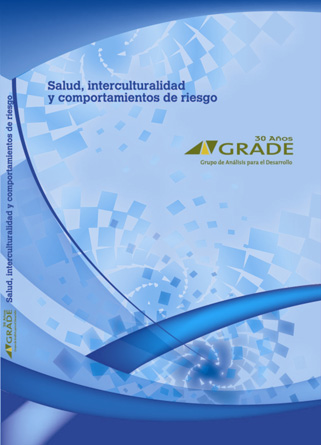Salud, interculturalidad y comportamientos de riesgo
| Year | : | 2011 |
|---|---|---|
| Author/s | : | Lorena Alcazar, Santiago Cueto, Martin Valdivia, Ismael G. Muñoz |
| Area/s | : | Health and nutrition |
GRADE (2011). Salud, interculturalidad y comportamientos de riesgo. Lima: GRADE.
The three studies summarized here seek to offer a critical and independent analysis that provides academic contributions to enrich the debate, design and implementation of policies in various areas of public action; in this case, in the field of health, nutrition and human development.
The main objective of the first study, El rol de las percepciones y los conocimientos de las madres en el estado nutricional de sus niños, by Alcázar, Marini and Walker, is to analyze the determinants of child undernutrition (height-for-age of children under 2 years of age), with emphasis on the role of mothers’ knowledge of nutrition, growth and development. In the second study, Sobre los determinantes étnico-culturales de la inequidad en salud materno-infantil en el Perú, Martín Valdivia emphasizes ethnicity and cultural variables, in terms of their causal relationship with indicators of access to health, children’s health status and adolescent pregnancy. Finally, in the third study, Conductas de riesgo en adolescentes: un enfoque longitudinal, Cueto, Saldarriaga and Muñoz investigate the determinants of cigarette, alcohol and drug consumption among adolescents, as well as unprotected sexual relations, behaviors that could be associated with health problems, low productivity or reduced personal wellbeing in the short, medium or long term.







